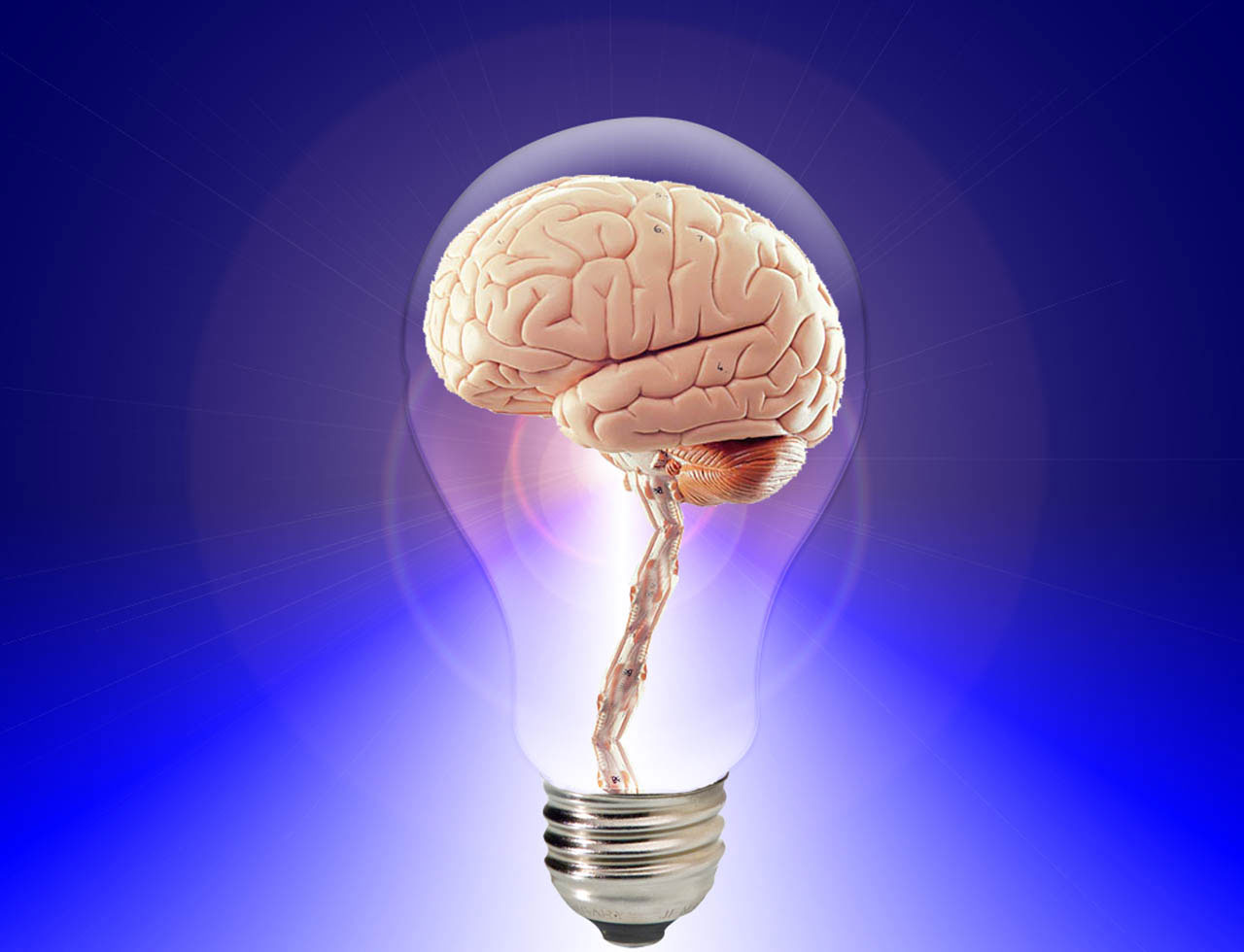 From Laura Sanders at ScienceNews:
From Laura Sanders at ScienceNews:
Somewhere in the brain is a storage device for memories
What is the physical basis of memory? Somehow, memories get etched into cells, forming a physical trace that researchers call an “engram.” But the nature of these stable, specific imprints is a mystery.
Today, McConnell’s memory transfer episode has largely faded from scientific conversation. But developmental biologist Michael Levin of Tufts University in Medford, Mass., and a handful of other researchers wonder if McConnell was onto something. They have begun revisiting those historical experiments in the ongoing hunt for the engram.
Applying powerful tools to the engram search, scientists are already challenging some widely held ideas about how memories are stored in the brain. New insights haven’t yet revealed the identity of the physical basis of memory, though. Scientists are chasing a wide range of possibilities. Some ideas are backed by strong evidence; others are still just hunches. In pursuit of the engram, some researchers have even searched for clues in memories that persist in brains that go through massive reorganization.
…
Memory clues may also come from other animals that undergo extreme brain modification over their lifetimes. As caterpillars transition to moths, their brains change dramatically. But a moth that had learned as a caterpillar to avoid a certain odor paired with a shock holds onto that information, despite having a radically different brain, researchers have found. More.
Why need memory have a physical basis? If memory is a form of information, storage media may be incidental and productive insights may lie elsewhere.
• When a paper document is shredded, is information being destroyed? Does it matter whether the shredded document is a copy of an un-shredded document and can be replaced?
• Likewise, when a digital picture is taken, is digital information being created or merely captured?
• The information on a DVD can be measured in bits. Does the amount of information differ if the DVD contains the movie Braveheart or a collection of randomly generated digital noise?
• When a human dies, is experiential information lost? If so, can birth and experience create information?
• If you are shown a document written in Japanese, does the document contain information whether or not you know Japanese? What if, instead, the document is written in an alien language unknowable to man?
These questions, even unanswered, help us understand life from the perspective of information theory, as opposed to materialist theory. As Norbert Weiner (1894–1964), the father of cybernetics, once said, “Information is information, neither matter nor energy.” More.
 Introduction to Evolutionary Informatics (Marks, Dembski, and Ewert) might be a useful resource. But its implications are not good for business, as the current science establishment understands it. It’s easier to just go on looking for the wrong things in the wrong places and publishing papers about it.
Introduction to Evolutionary Informatics (Marks, Dembski, and Ewert) might be a useful resource. But its implications are not good for business, as the current science establishment understands it. It’s easier to just go on looking for the wrong things in the wrong places and publishing papers about it.
See also: Human brain: Human intelligence linked to shift toward round brain Would Neanderthal art be an argument against the theory? Or is it the sort of theory whose importance is its novelty among a host of competing speculations, whose sheer numbers count for progress?
At Scientific American: “Cocktail of Brain Chemicals” may be key to what makes us human Hmmm. If we fed these cocktails to a gorilla’s brain, what would happen?
and
Data basic: An introduction to information theory